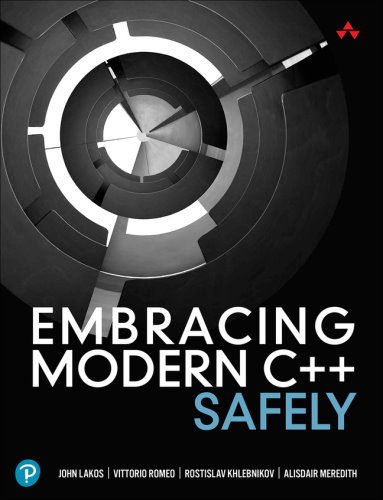Sentinels and Concepts with Ranges Algorithms
The series continue.
Sentinels and Concepts with Ranges Algorithms
by Rainer Grimm
From the article:
The ranges library in C++20 supports sentinels. Sentinels stand for the end of a range and can be regarded as generalized end iterators...

 The new Overload is out.
The new Overload is out. Did you read it?
Did you read it?